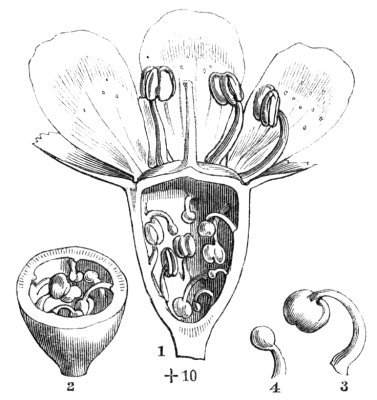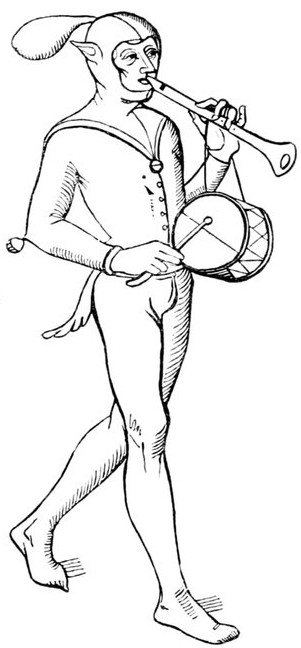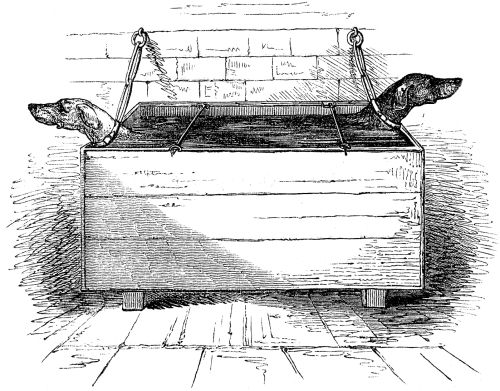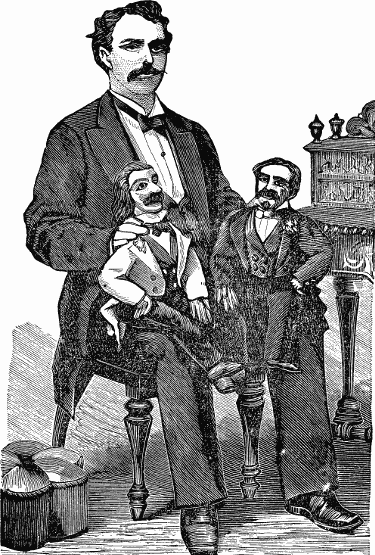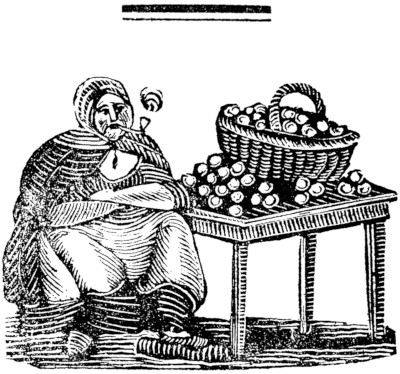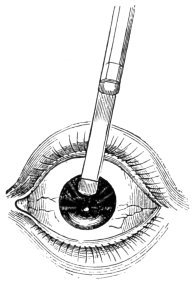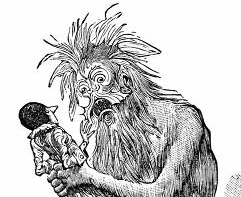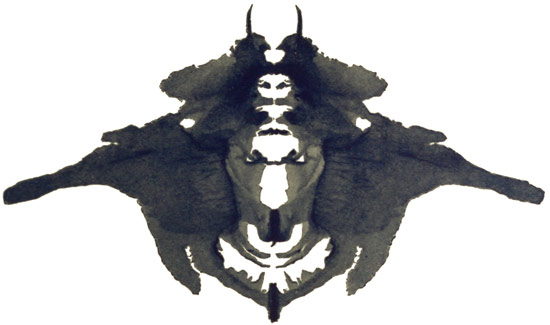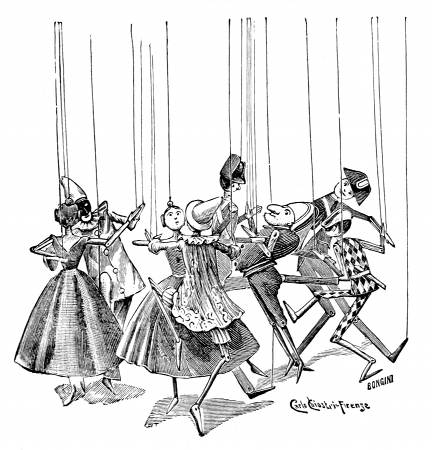Writer, what do you create from accidents?
The tenth poem in Danish writer, Klaus Rifbjerg’s Portrait, portrays the wedding in Rifbjerg’s typical experimental style of words dislocated from logic and expectation. Rifbjerg calls these poems tilfældighedsdigte (accidental/coincidental poems).
slam your legs up on the supper buffet
you have not yet been betrayed
the bridal waltz will be danced
put him down then the liar take him eat him
in the bed of chewed blood oranges
now you are home shit princess
now you can kneel in Abraham’s bosom
of imperishable nylon
dip your vinegar sponge in the midst of the slush
Rifbjerg, K. 1963 Portræt. Copenhagen: Glydendal
